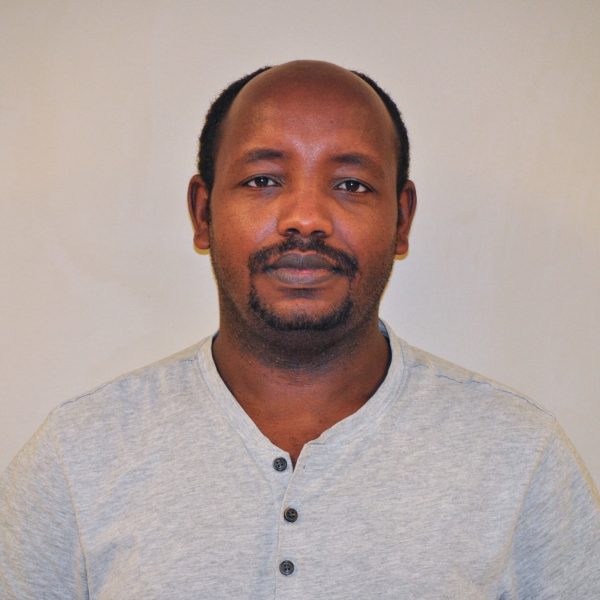Campus Groups Work to Register Voters, Promote Policy
In the weeks preceding the gen-eral election, several student groups on campus have capitalized on the enthusiasm of the election season, working to engage students in national politics. Not only have these organiza-tions, such as the College Democrats, College Republicans and Democracy Matters, facilitated the discussion of pertinent issues in the upcoming elec-tions, but they have also worked pro-actively to influence prospective voters. By encouraging students to vote and by raising awareness of the problems facing the election process itself, these organizations have endeavored to stress how critical the election is, especially in a world beleaguered by economic woes and the question of whether students will have jobs come graduation.
Democracy Matters, for instance, is concerned with discussing and op-posing the excessive involvement of corporations in the political system. In 2010, the Supreme Court’s decision in Citizens United v. The Federal Election Committee upheld the right of corpora-tions, under the First Amendment, to spend unlimited money either support-ing or opposing a certain candidate. For Democracy Matters, the decision injured the integrity of the election pro-cess because a corporation would base their support on their own interests. A similar controversy was exposed earlier this month, when emails from corpo-rate bosses to employees insinuated that voting for a certain candidate would jeopardize their jobs, were leaked to the press. The problem is whether the use of corporate money to back a candidate for office is justified in light of a corpo-ration being an entity and not a single person. While other court decisions were mostly absent from the election season at hand, Democracy Matters continues to protest against them.
On the front of encouraging stu-dents to vote, Democracy Matters, in conjunction with the College Republicans and College Demo-crats, held three voter registration drives over the course of the last few months. The first was set up during first-year orientation.
“[It] was geared towards reg-istering as many incoming first-years as possible,” senior David Butler, Campus Coordinator for Democracy Matters said.
At this voter registration drive, around 175 first-year students regis-tered to vote and 200 more were guid-ed through the process of applying for absentee ballots – not paltry numbers for an incoming class of its size. The next two drives were organized on September 30 and October 2, open to all class years, and at which another 50 students were registered, bringing the total to about 225 students.
Similarly, both the College Re-publicans and College Democrats have branched out from their regu-lar discussions to stimulate voter registration. College Democrats, for instance, partnered with local Hamilton Democrats to register students. Even though the group reached out to the Democrats, ju-nior Andy Philipson, President of College Democrats, stressed that registering students to vote was not something that had to be pursued along party lines.
“Generally speaking, voter regis-tration drives aren’t partisan at all; we look to register all Americans to vote, not specific ones,” Philipson said.
However, Shwartz said that the Congressional race has not been very well-publicized.
“There just hasn’t been any of the intensity that there was two years ago in the Congres-sional race,” Shwartz said. “So I think people are more indifferent to it and unaware of it. It’s only been in the last few weeks that it’s even begun to trickle.”
Kunkel said that the 2012 local election is important because of the Republican Party’s concern about mandate release.
“The state has mandates and they put a tax cap on at two percent and we can’t raise the taxes or pay for services so we’re caught in the middle. What we got to do is find some way to cut the bills or cut services. I’m not in favor of cutting services, but something’s got to give,” Kunkel said.
“My whole goal is to make Madison County the best place to live, the best place to work, the best place to raise your family and work with everybody,” said Kunkel.
Two of the issues that are currently sig-nificant to the local community are hydro-fracking and educational funding. Although these issues were not on the ballot this year, the candidates’ stances on these policies are of importance.
“The biggest issue right now is the fracking issue. People want to frack but you got to make sure it’s a safe fracking issue,” Kunkel said.
“I think that Dan [Lamb] takes really the best possible approach because he’s not lis-tening to partisan views or special interest views; he’s paying attention to the science behind it … He’s very supportive of legisla-tions that would require companies to dis-close the nature of the chemicals that they’re injecting into the ground,” Oot said.
Oot said that the Congressional race would not have a large impact on the is-sue of educational funding because New York state legislators are very supportive of local education.
Kunkel took a slightly different approach.
“With the school districts, they’re a huge drain on our taxes. But the thing is, that’s the most we can possibly do for the future of our economy. You got to have good schools … so I support the schools as much as I can, but I’m sure there are some ways that they can do more without spending so much money.”
Shwartz referred to these issues as “hot button topics,” but is more focused on long-term goals.
“We’ve become very dependent on educa-tion and the medical community and I think in the long term if we’re going to have a healthy economy and a strong future and attract our young people to stay in the community we have to have a diverse economic base,” Shwartz said.
The town council is currently in the midst of creating the annual budget, which did not directly impact this year’s general election.
However, Oot said, “Decisions that you make today with regard to budget can have an impact on how people perceive a candidate next year.”
Both parties are already looking at the village elections in June and the next November election.
According to Oot, potential candidates are already considering their options for the coming year, and the conversation will increase in about two or three months.
“We are focused on next year’s election all the time. We want good people,” Kunkel said. “It’s very hard to find qualified individu-als who can take the time to be on the Board of Supervisors or to be on committees.”
Contact Julia Queller at [email protected].







